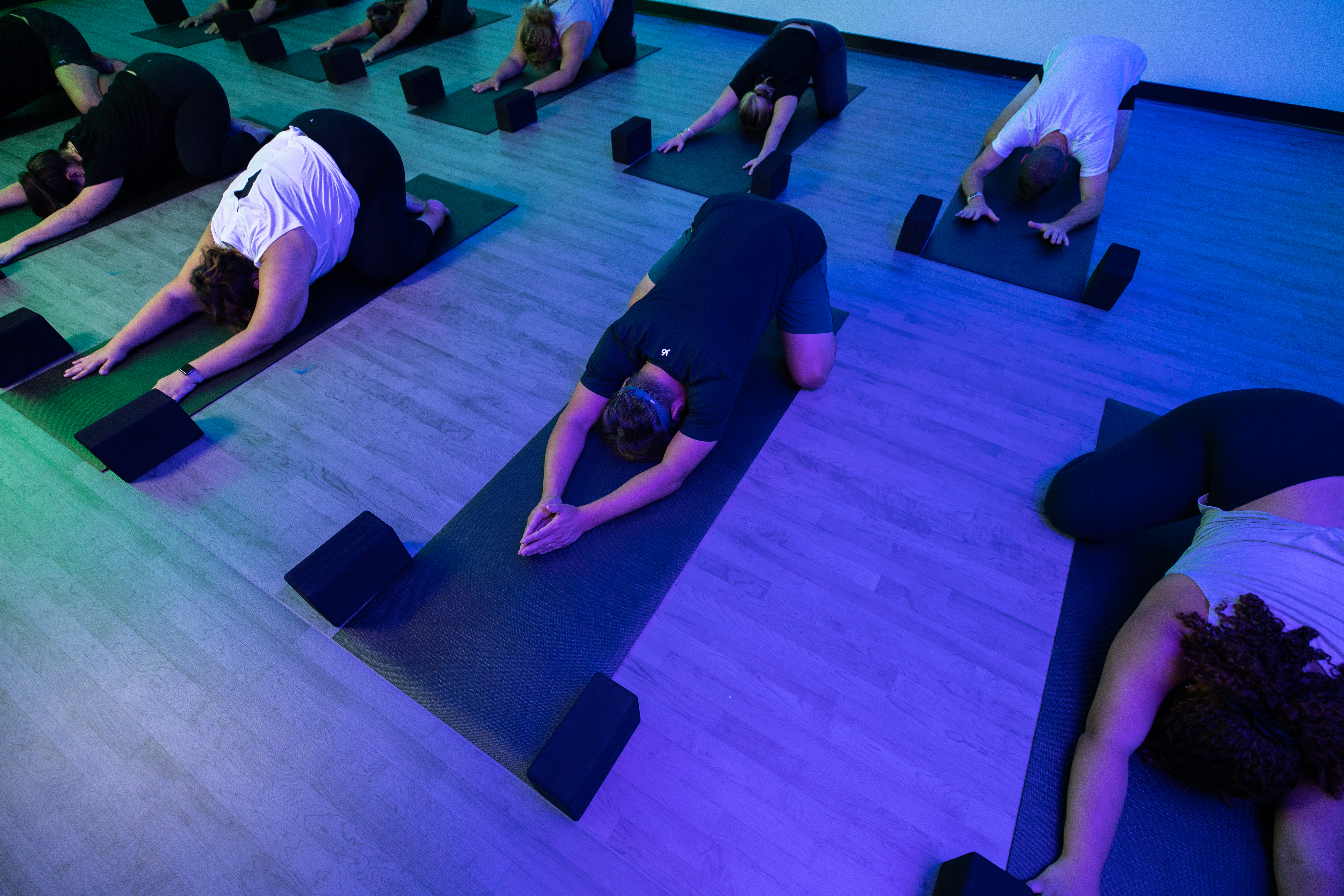Sleep is an essential aspect of our overall well-being, contributing to our physical, mental, and emotional health. Adequate and restful sleep is crucial for our bodies to repair, rejuvenate, and process information effectively. However, many individuals struggle with achieving a deep and restorative sleep, particularly when it comes to experiencing the beneficial phase of sleep called REM (Rapid Eye Movement) sleep. Thankfully, yoga offers a natural and holistic approach to improving our sleep, including enhancing the quality and duration of REM sleep. In this blog, we will explore how the practice of yoga can help us embrace peaceful slumber and enjoy the numerous benefits of REM sleep.
Understanding REM Sleep: REM sleep is a phase of sleep characterized by rapid eye movements, increased brain activity, vivid dreaming, and physiological changes. It is a crucial part of the sleep cycle and plays a vital role in memory consolidation, emotional regulation, and overall cognitive function. During REM sleep, our bodies relax, while our brains become more active, promoting mental and emotional restoration.
How Yoga Enhances REM Sleep:
-
Reducing Stress and Anxiety: Yoga is renowned for its ability to reduce stress and anxiety levels. By engaging in mindful movement, deep breathing exercises, and meditation, yoga activates the parasympathetic nervous system, triggering the relaxation response. As a result, the mind becomes calm, and the body releases tension, allowing for a more peaceful transition into sleep. By alleviating stress and anxiety, yoga creates an optimal environment for the mind and body to enter REM sleep more easily.
-
Relaxation and Bedtime Routine: Establishing a bedtime routine that includes yoga can signal to the body that it's time to unwind and prepare for sleep. Incorporating gentle, restorative yoga poses, such as forward bends, gentle twists, and supported inversions, helps relax the muscles, relieve physical tension, and promote a state of deep relaxation. By consistently practicing a yoga routine before bed, we condition our bodies and minds to enter a state of relaxation, paving the way for more restful REM sleep.
-
Body-Mind Connection: One of the fundamental principles of yoga is the integration of the body, mind, and breath. By cultivating awareness of the body and focusing on the breath, we develop a stronger mind-body connection. This heightened awareness carries over into our sleep, allowing us to recognize bodily sensations, release tension, and relax more deeply during REM sleep. Yoga enhances our ability to listen to the subtle cues of our bodies, helping us achieve a state of harmony and promoting a more profound experience of restorative sleep.
-
Improved Physical Comfort: Certain yoga practices, such as gentle stretching and restorative postures, can alleviate physical discomfort, particularly in areas prone to tension or stiffness. By addressing common issues like tight hips, shoulders, and lower back through yoga, we create a more comfortable sleeping environment. Reduced physical discomfort enhances the likelihood of entering and sustaining REM sleep, allowing for a more restful and restorative night's rest.
Yoga offers a holistic and natural approach to improving the quality and duration of REM sleep, an essential phase for our overall well-being. By incorporating yoga into our daily routines, we can effectively manage stress and anxiety, establish relaxation rituals, nurture the body-mind connection, and alleviate physical discomfort. As we embrace the practice of yoga, we create an optimal environment for deep and restorative REM sleep, awakening each day feeling refreshed, rejuvenated, and ready to face the world. So, roll out your mat, breathe deeply, and embark on a journey toward embracing peaceful slumber through the transformative power of yoga.



